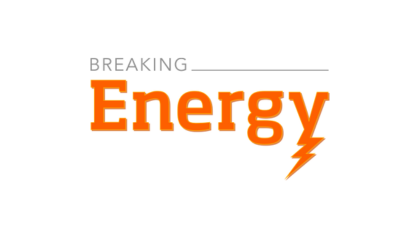
US offshore wind developers welcomed the federal government’s environmental assessment of expected projects off four eastern states, saying it would cut the time needed for permitting by around two years and boost the prospects that a number of planned projects will be built.
“The issuance of the draft EA…is very good news for the offshore wind industry,” said Jim Lanard, president of the Offshore Wind Development Coalition, a trade group. Keep reading →


 Duke Energy
Duke Energy






